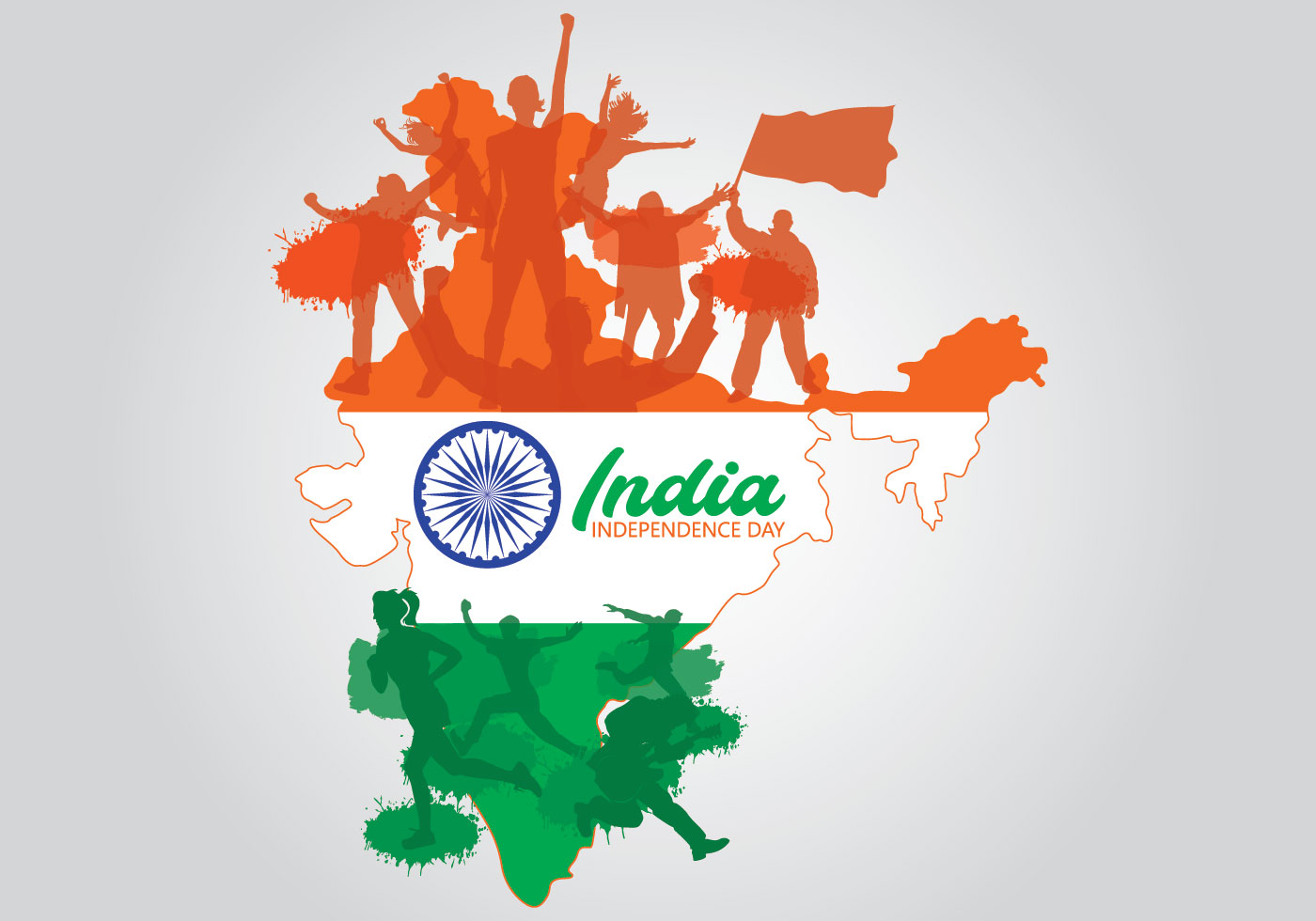This Indian Independence day, we celebrate 75 years of freedom from British colonial rule, and 165 years of the Rani of Jhansi’s legacy igniting the spark.
The Rani, like so many women before and after, fought not just for her land but for her ideals and the freedom of her community. She recognized the fierce promise of her people and the cruel subordination of them under the British East India Company. Rani laxmibai challenged the might of the British Empire without a male counterpart. She’s influenced millions with her courage and resilience.
As India celebrates its independence, it owes much to the 1857 revolt led by the Rani. In the face of the British army’s attempts to annex her state, Rani merely said, “I shall not surrender my Jhansi.” She trained the women in her community in battle, creating an all-female cavalry to fight the better-armed British. She created a coalition of allies to join her. And then she fought to the death, with her son on her back, to defend her people’s right to rule themselves.
We see the Rani’s influence in so many of us today, who train and educate our peers, who call coalitions together, and who do what it takes to overcome challenge after challenge to rise against the injustices we still see in our world. We’ve featured many Warrior Queens here who follow in the Rani’s footsteps, and have created an Action Kit that will help all Warrior Queens step into their full, powerful selves.
Like the Rani, all Warrior Queens embody her spirit and many identities: “We women have several forms––mother, daughter, sister, friend… warrior.” In the movie The Warrior Queen of Jhansi, the Warrior Queen Project’s founder, Swati Bhise, set out to show the full person behind the myth. The Rani of Jhansi sparked the movement for India’s independence, she also sparked the movement for women in India to cast off narrow views of their roles in society and home. She defied standards of widowhood and of being a queen without a king. She learned how to ride a horse when she was a young girl, and discussed philosophy and politics with her father.
Swati wanted to inspire women around the globe with the Rani’s bravery and spirit. In addition, she wanted modern women to see their own power reflected in the Rani’s story. As one viewer commented during the film’s New York premiere, “The Rani is all of us.” And so all of us celebrate today, not just for India’s independence and end of colonial rule, but for what we women are capable of when we become our own Warrior Queen.




